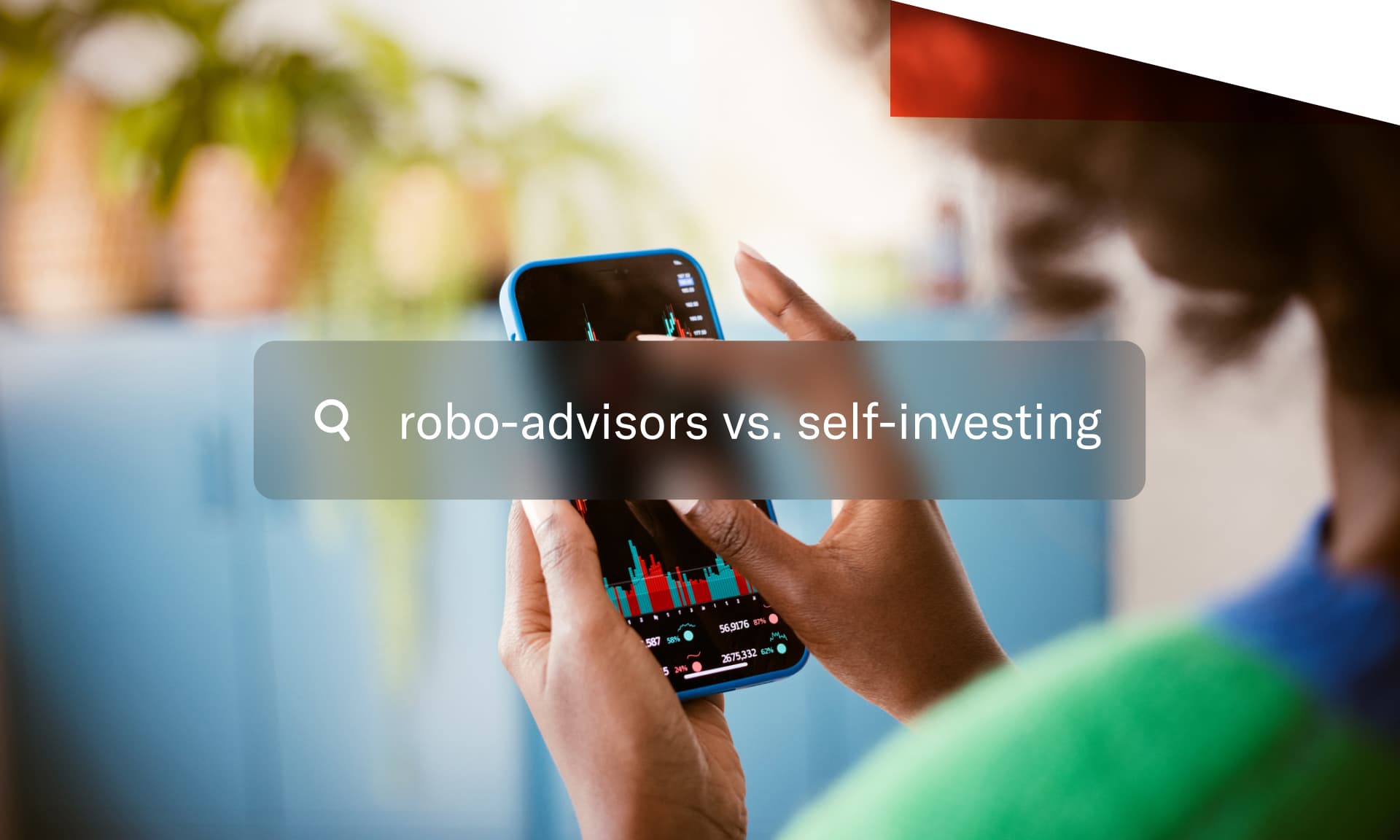Leveling up your AI skills to make yourself more competitive in today’s job market is becoming more of a must-do rather than a should-do. As an editor, I’ve felt AI’s looming presence for a while, but these days, the power of AI tools goes well beyond crafting a story. It’s everywhere and across all industries — scanning your job application, replacing your apartment building’s super, and even taking your drive-thru order.
Frankly, that’s freaking people (and the companies they work for) out. AI generates significant greenhouse gas emissions (though, Bill Gates says not to worry, so there’s that) and is expected to have drastic impacts on the human workforce — not to mention the less than impressive output still seen from these super-robots. That said, employers are looking for candidates with AI skills, so it’s probably in your best interest to make peace with the change and take advantage of the ways these tools can make life easier. At the very least, we can all hope for a shorter work week out of it.
— AJ Cohen, editor, Brooklyn, NY
follow the money
How the news affects your finances.

How AI Can Help You Level Up at Work
It’s true that AI is putting some jobs at risk, but that’s not the whole story. It’s also creating a market for new, high-paying jobs. The AI revolution is predicted to affect nearly every industry. “Similar to how proficiency in G suite and Microsoft Word was required in the past, AI skills are becoming highly sought after across industries,” says Jasmine Escalera, a career expert at LiveCareer, a resume- and career-building service. “This demonstrates that awareness and comfort with basic AI concepts are necessary to stay ahead of the game.”
AI on the job does bring up complicated issues — including regulatory and privacy risks, like potential to expose customer data — but that hasn’t stopped workers from using AI nor companies from experimenting with it. More than half of very large global employers are currently using AI, and of those companies that aren’t, 33% plan to within the next three years, according to a survey conducted by staffing agency ManpowerGroup.
So, instead of being afraid of AI or worried it will one day take your job, learn how to use it to your advantage in your current role or how it can help you land a new one.
Your Move:
Practice at home. Get comfortable using AI tools, says Stephen Greet, CEO and cofounder of BeamJobs. You can use AI for lots of things, from tackling your to-do list to building your weekly meal plan. “[Common writing exercises] help you become comfortable interpreting and improving the outputs, and [get you] acquainted with the tool's capabilities and limitations in this low-risk setting,” says Greet.
Go beyond ChatGPT. It may be the most familiar AI tool, but it’s not the only one. Understand the range of available platforms and the best use case for each.
Keep learning. Coursework can be a great next step, and LinkedIn Learning offers free courses on how to use AI. You can also explore other classes offered by companies like Google and Amazon, and speak with your boss to see if your company will pay for additional lessons as career development.
Harness AI in your job hunt. You can also use AI to help find available job opportunities, discover tools to help with your job search, and craft your cover letter and tweak your resume.
for the group chat
The money stories everyone’s talking about.
Are you a monster if you click “no tip?” If “tip creep” has turned you off, here are five situations where etiquette experts say you don’t have to feel guilty about not tipping.
Could you afford an extra $2k every month on your home loan? If not, think twice about an adjustable mortgage rate.
“It’s never been easier to book a table, and it’s never been harder to actually find one.” The broken world of restaurant reservations means even a credit card with serious “plunk factor” won’t guarantee you a seat.
Do you store your credit card information online? This time-saving feature could be setting you up for repeat fraud. Is the convenience worth the cost?
Fill in the blank: I need to make _____ per year to live comfortably, but I need to make _____ per year to feel “rich.” See what the average American said, and how your numbers stack up.
PS: The McDonald’s $5 Meal Deal gets all the hype. But other fast food chains are releasing their own inflation-friendly prices. Here’s to pit stops that won’t lighten your wallet.
ask an expert
We asked you to vote on a question you’d like answered. The winner was:

Are there pros and cons of using a robo-advisor vs self-directing my investments?
FEATURED EXPERT:

Rita-Soledad Fernández Paulino
Founder of Wealth Para Todos, a financial coaching platform and education platform.
Robo-advisors are automated investment platforms that use algorithms to build and balance your portfolio. Self-directed investments require you to manage your portfolio DIY-style.
Robo-advisors will make decisions based on your financial goals and risk tolerance. Some platforms have humans in the background who can offer support or advice when needed. They’re cost-efficient, convenient, and can be very helpful for beginner investors. “[Robo-advisors are] very hands-off, and that's so great for somebody who's just started [investing],” says Rita-Soledad Fernández Paulino, founder of Wealth Para Todos. Here are some other factors to consider.
Fees. A robo-advisor usually charges monthly management fees (aka a service charge for using the platform) and an expense ratio (management fees per fund). “I always encourage my clients to have expense ratios less than 0.15%,” says Fernández Paulino. When you self invest, you’ll choose your funds, and have insight into all fees.
Customization. Robo-advisor decisions aren’t as individualized as a knowledgeable, self-directed model or working with a financial advisor. So, if you’re looking for a more aggressive investment style, actively self-directing your portfolio (if you have that knowledge) or working with a human advisor may trump the convenience of a robo-advisor, says Fernández Paulino.
Alternative options. In many ways, a robo-advisor can mimic a target date fund, which may be an effective option if your primary investment goal is retirement. You can also self-invest by creating a portfolio of several index funds, which can help avoid management fees and can require less time and expertise than choosing individual stocks, funds, and assets, says Fernández Paulino.
action items
How to win at work, according to successful women.

About eight years ago, Hilary Sheinbaum made a bet with a friend to see who could successfully complete “Dry January” without having a drink. Spoiler alert: She won. And while she didn’t know it at the time, that little competition would pave the way for a major career pivot that would lead to her becoming one of the earliest expert voices in the sober-curious movement. She’s since written two books (The Dry Challenge and Going Dry, a workbook coming out this September), partnered with brands to craft mocktail menus, and hosted talks and events on why limiting alcohol could shift your perspective on life. Here, the entrepreneur, author, and journalist shares how saying “no” to one thing can lead to opportunities to say “yes” to so many others.
Don’t wait for perfection to launch an idea.
“Don't worry about building a website or making [your concept] perfect, just start, and go for it. Even with ‘going dry,’ there’s a misconception you have to wait for January 1 — you don’t. You can start tomorrow. And that’s the same for anything else.”
Buddy up.
“This is for not drinking or for work, but I think it’s important to have someone you can confide in. Someone nonjudgmental, who can give you the confidence boost that you need to keep going.”
Stay true to yourself, your vision, and your goals.
“Some of my very close friends were like: ‘What are you doing? Why are you giving up alcohol? You're going to drink in February.’ And I think, if I hadn’t had a bet, or I wasn’t Aries-stubborn, I would have just been like: ‘Oh, yeah, you're right,’ and given up. And here we are, years later, and I’m so thankful I didn’t listen to people who didn't understand and weren't supportive. Surround yourself with people who lift you up.”
Answers are edited and condensed for clarity.
Subscribe to Skimm Money
Your source for the biggest financial headlines and trends, and how they affect your wallet.





